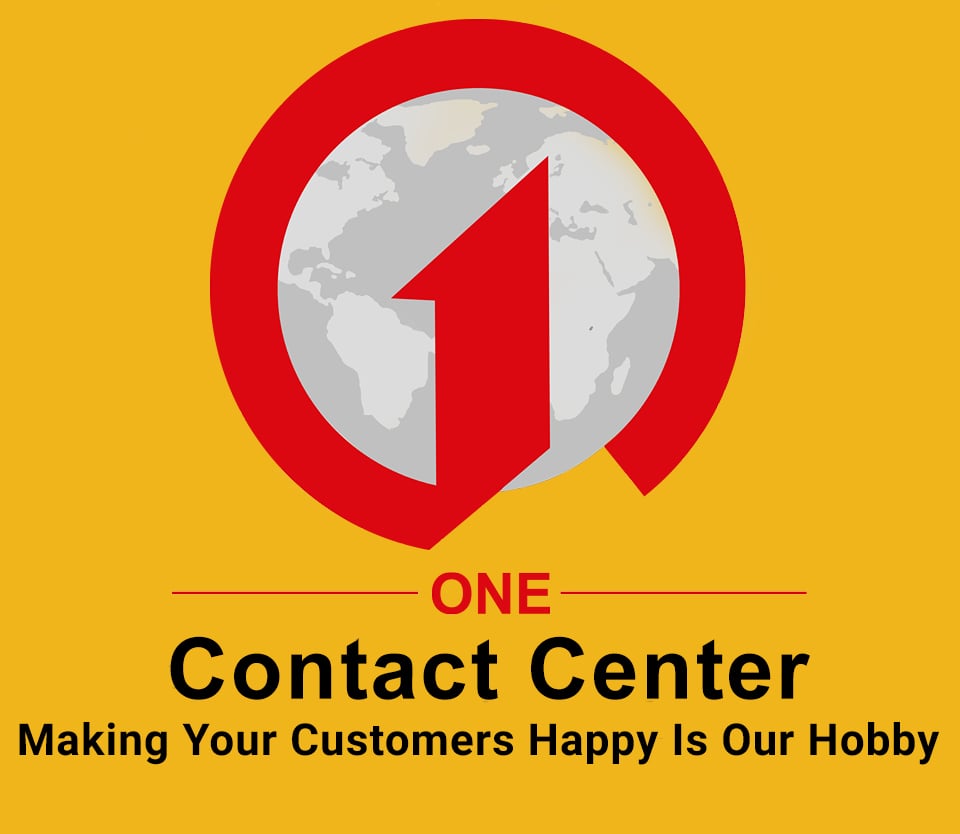Whether you are in B2B or B2C sales, understanding the art of objection handling is essential for building trust, showcasing value, and ultimately closing more deals. This article delves into the psychology behind sales objections, effective communication techniques, and practical strategies to transform objections into opportunities. By mastering these skills, sales professionals can not only overcome objections but also strengthen their relationships with customers.
Understanding the Psychology Behind Sales Objections
Common Psychological Barriers
Sales objections often stem from various psychological barriers. These include cognitive biases, risk aversion, cognitive overload, and the fear of change. Understanding these barriers can help sales professionals address the root causes of objections more effectively.
Emotional vs. Rational Objections
Objections can be categorized as either emotional or rational. Emotional objections are driven by feelings and subconscious cognitive biases, while rational objections are based on logical reasoning and facts. Recognizing the type of objection can guide the approach to handling it.
Building Trust and Credibility
Building trust and credibility is crucial in overcoming sales objections. When prospects trust a salesperson, they are more likely to share their concerns openly, allowing for more effective objection handling. This involves demonstrating expertise, being transparent, and consistently delivering on promises.
Effective Communication Techniques for Objection Handling
Active Listening Skills
Active listening is crucial in sales. It involves fully concentrating, understanding, and responding thoughtfully to what the customer is saying. By practicing active listening, sales reps can better understand the underlying concerns of their customers. This technique helps in identifying the root cause of objections and addressing them effectively.
Empathy and Validation
Empathy involves putting yourself in the customer's shoes and understanding their feelings and perspectives. Validation, on the other hand, is about acknowledging those feelings. Together, these techniques can make the customer feel heard and valued, which is essential for building trust.
Clarifying Questions
Asking clarifying questions helps in uncovering the real issues behind a customer's objection. This approach not only helps in addressing the objection but also in building a stronger relationship with the customer.
Anticipating and Preparing for Common Objections
Anticipating objections is a crucial step in the sales process. Preparation is key to handling objections effectively. By understanding your product, your target audience, and the common objections that arise in your industry, you can craft responses that resonate with potential clients.
Transforming Objections into Opportunities
Objections in sales are not just hurdles; they are opportunities in disguise. When handled correctly, objections can be leveraged to build stronger relationships and showcase the value of your product or service. Here are some strategies to transform objections into opportunities:
Reframing Objections Positively
Instead of viewing objections as negative feedback, reframe them as a chance to address concerns and provide additional information. This approach not only alleviates the customer's worries but also demonstrates your commitment to meeting their needs.
Using Objections to Showcase Value
Objections often highlight areas where the customer needs more information or reassurance. Use this as an opportunity to delve deeper into the benefits and features of your product, showing how it can solve their specific problems. For example, if a customer is concerned about cost, you can highlight the long-term savings and return on investment your product offers.
Building Stronger Customer Relationships
Addressing objections effectively can build trust and credibility with your customers. By listening actively and responding thoughtfully, you show that you value their concerns and are dedicated to finding solutions. This not only helps in closing the current deal but also lays the foundation for a long-term relationship.
Practical Strategies for B2B and B2C Sales
Navigating the complex terrain of both B2B and B2C sales requires distinct strategies tailored to their unique characteristics and challenges. By applying tailored strategies, businesses can effectively navigate the challenges of both B2B and B2C sales, leading to increased sales performance and customer satisfaction.
Tailoring Approaches for B2B vs. B2C
Understanding the fundamental differences between B2B and B2C sales is essential for crafting effective strategies. B2B sales often involve multiple decision-makers and longer sales cycles, whereas B2C sales are typically quicker and involve fewer stakeholders.
Leveraging Case Studies and Testimonials
Using case studies and testimonials can be a powerful way to build credibility and trust. In B2B sales, detailed case studies that showcase how your product or service solved a specific problem can be very effective. In B2C sales, customer testimonials that highlight positive experiences can help in beating the 'I've never heard of you' objection.
Implementing Follow-Up Techniques
Effective follow-up is key in both B2B and B2C sales. For B2B, this might involve scheduled check-ins and providing additional information to multiple stakeholders. In B2C, follow-ups can be more immediate and personalized, such as sending a thank-you email or a special offer.
Continuous Communication is key to ensuring these aspects of sales are managed effectively. Whether it's B2B or B2C, maintaining a line of communication helps in building trust and addressing any objections that may arise.
Training and Continuous Improvement
Role-Playing Scenarios
Role-playing scenarios are a cornerstone of effective sales training programs. They allow sales teams to practice handling objections in a controlled environment, which boosts their confidence and hones their skills. Regular role-playing sessions can simulate real-life situations, helping salespeople to think on their feet and respond more effectively to customer concerns.
Feedback and Coaching
Continuous feedback and coaching are essential for the growth of any sales team. Constructive feedback helps identify areas for improvement, while coaching provides the guidance needed to address these areas. Implementing a structured feedback loop ensures that salespeople are constantly learning and evolving.
Staying Updated with Industry Trends
The sales landscape is always changing, and staying updated with industry trends is crucial. Sales teams should regularly participate in workshops, webinars, and other training programs to keep their skills sharp and stay ahead of the competition. This proactive approach ensures that they are well-equipped to handle new types of objections and customer concerns.
Leveraging Technology in Objection Handling
CRM Tools and Analytics
Customer Relationship Management (CRM) tools are essential for modern sales teams. They help in tracking customer interactions, managing sales pipelines, and analyzing data to identify patterns in objections. By leveraging CRM tools, sales teams can gain insights into common objections and tailor their responses accordingly. This not only improves efficiency but also enhances the personalization of sales pitches.
Automated Follow-Ups
Automated follow-up systems ensure that no potential lead falls through the cracks. These systems can be programmed to send timely emails or messages to prospects, addressing their concerns and providing additional information. This proactive approach can significantly reduce the chances of losing a sale due to unattended objections.
Utilizing AI for Predictive Insights
AI-driven tools can analyze vast amounts of data to predict potential objections and suggest the best ways to address them. This not only saves time but also ensures that the responses are sophisticated and relevant to the prospect's needs.
Leveraging technology in objection handling is not just about efficiency; it's about creating a more personalized and effective sales process.
Key Benefits of Technology in Objection Handling
- Time savings
- Enhanced personalization
- Sophisticated responses
- Improved efficiency
Conclusion
Mastering the art of objection handling in both B2B and B2C sales is not merely about overcoming hurdles; it's about transforming challenges into opportunities for growth and building lasting relationships. By anticipating objections, actively listening, and providing thoughtful, relevant responses, sales professionals can turn potential roadblocks into stepping stones. With continuous communication, a deep understanding of your product and audience, and a flexible approach, you can navigate through objections with confidence and finesse. Embrace objections as a natural part of the sales process and use them to demonstrate your value, build trust, and ultimately, close more deals.
One Contact Center
One Contact Center offers call center support and BPO services for small businesses, startups, and international brands. If you’re keen on boosting your customer experience with reliable support services, please, contact us today. We’ll be more than happy to help.


